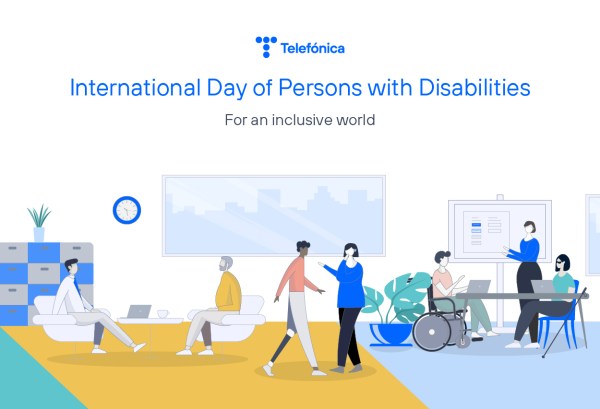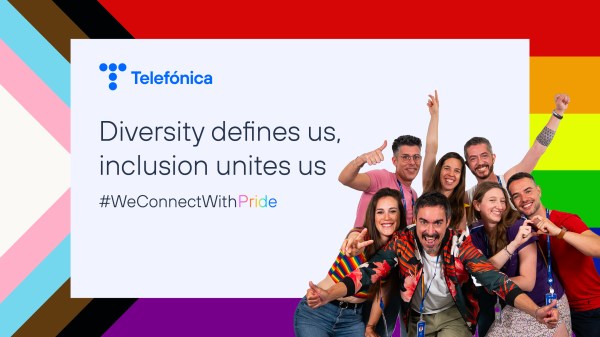What values do you consider essential for leading a team effectively?
For me, the fundamental pillars are trust, empathy, shared responsibility, and transparency.
Leading a team is not just about achieving goals, but about creating a space where each person feels valued, seen, and heard. When you lead by example—with consistency between what you say and what you do—you activate a virtuous circle of commitment and collaboration. I believe in leadership that puts people at the center, that inspires and connects, beyond control.
How do you foster trust within the team?
Trust is built on a daily basis, through small gestures and consistency. For me, it means creating a safe environment where there is genuine active listening, acknowledgment of mistakes, timely feedback, and the ability to show vulnerability when appropriate.
I remember a time when a team member who was usually reserved shared a brilliant idea because they felt that their voice would really be heard. That moment is only possible when there is real trust.
I also believe in giving autonomy and empowering each person: when you trust their judgment, they trust you more. Trust isn’t imposed, it’s cultivated with consistency and authenticity every day. And when it’s achieved, it becomes the invisible engine that drives the entire team forward.
How do you promote an inclusive and collaborative environment?
I build environments where people are truly listened to, where everyone can actively participate, and where difference is valued—not just tolerated.
A truly collaborative team is one where no one has to try hard to “fit in” because they feel free to be authentic.
- Some of the actions I take are:
- Ensuring that everyone has space to speak, not just those who always do.
- Facilitating active listening dynamics, especially in multicultural teams.
- Making contributions that often go unnoticed visible.
- Translating cultural and communication differences so that they do not become barriers.
- Generating conversations and content that promote diversity and inclusion.
From my experience as a Latin American woman (Costa Rican) in global contexts, I have learned how subtle—and real—cultural barriers can be. I know what it’s like to feel out of place, even when you’re present. That’s why I use my voice not only to represent, but to pave the way and make it easier for those who arrive to find a more just, open, and humane environment.
Inclusion should not be the exception, but the foundation of any team that wants to grow, innovate, and transform.
How important do you consider diversity in a team? Why?
Diversity is not just an ethical value; it is a real source of innovation. I have had the opportunity to work with teams of more than 20 different nationalities, and I can say that the most valuable ideas emerge when different perspectives converge.
A diverse team:
- Broadens the conversation.
- Challenges entrenched assumptions.
- Breaks unconscious biases.
- Enriches solutions with multiple approaches.
There is no transformation without diversity. And there is no real diversity without inclusion. Today, more than ever, we need leaders who not only tolerate difference, but embrace it and turn it into a collective advantage. Because well-managed diversity is not just the right thing to do: it is what transforms teams into true drivers of innovation.







